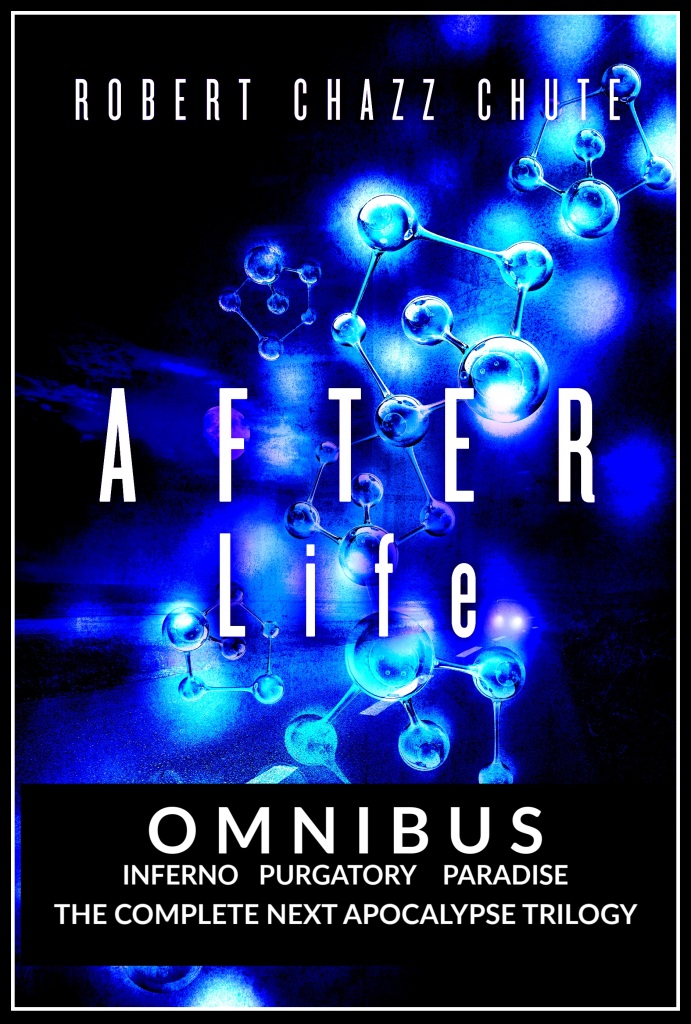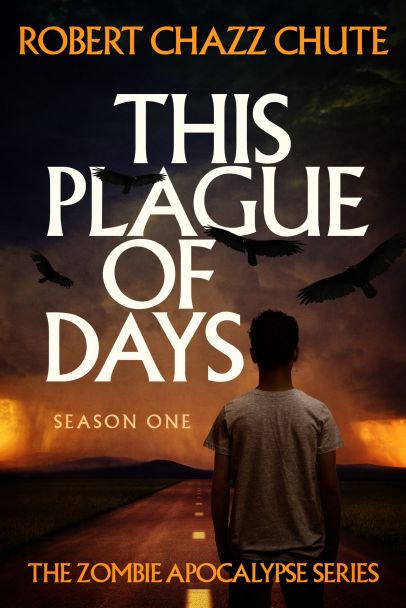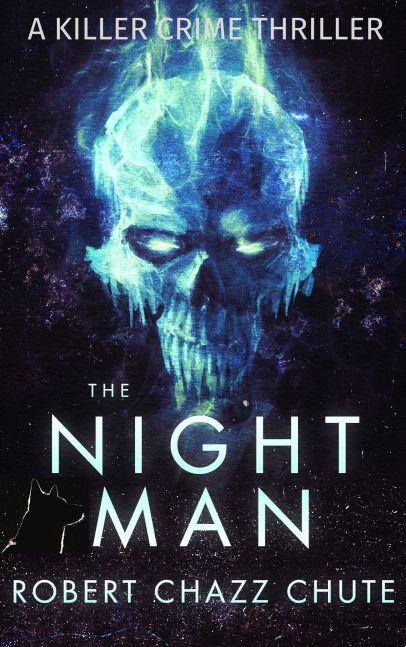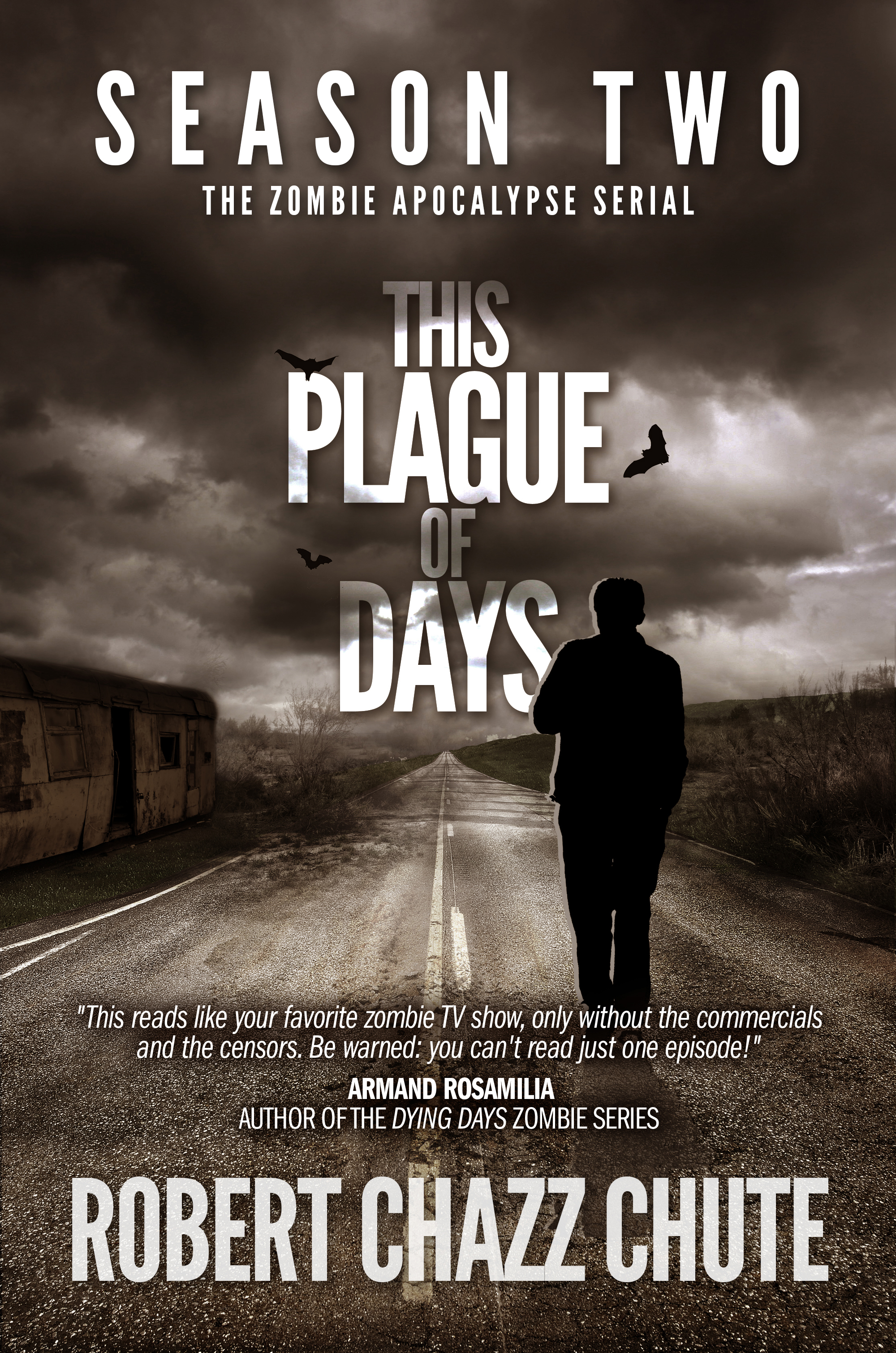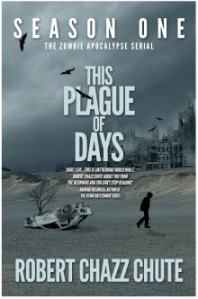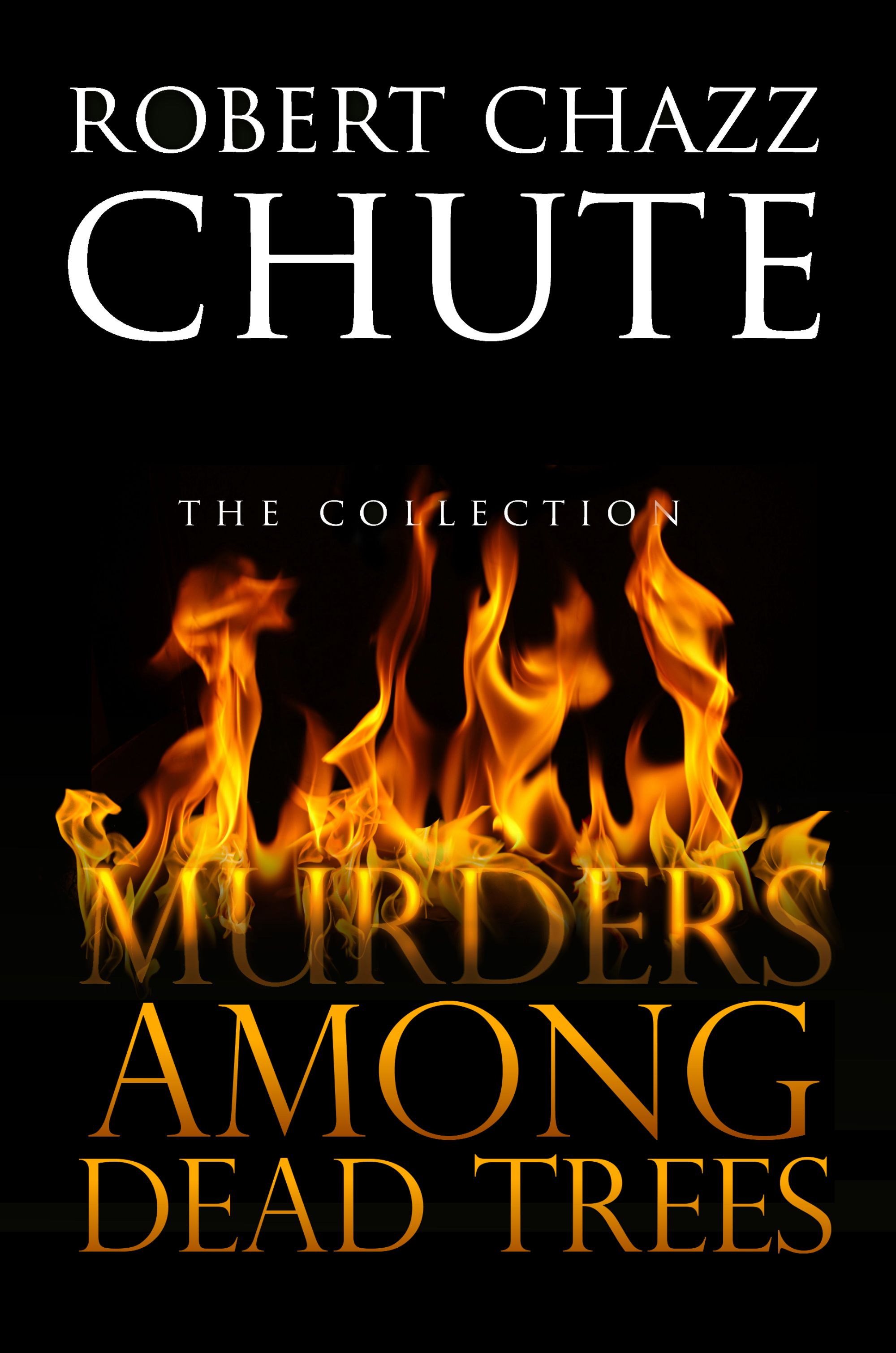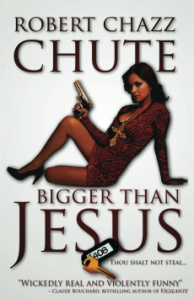When I think of traditional publishing, I think of the traps some fall into. I worked in trad pub in Toronto for five years. The reality did not match my dreams.A few examples of bear traps come to mind. Some of these math equations will feel terrible. That’s why we have to be aware and beware. Eyes open, here we go:
1. Agents may only take on one or two new clients each year, and not every client they take will go on to be published. Some reject queries reasonably quickly. Getting to yes can take a long time. It’s a step, and that’s all it is until contracts are signed.
When submitting to agents, qualify them first by checking out their genres of interest, who they represent, and their track record with authors. Reputations are easy to search out these days. Vet their social media and do a vibe check. Then send out a lot of queries and manuscripts (if requested). This will require patience.
Or you can publish on your own, which requires perseverance and entrepreneurship, but a little less patience.
Bonus points: The uninitiated imagine that self-publishing means you’re flying solo. In actuality, you’ll probably outsource a lot of the work, and many of those same freelance editors and graphic designers have worked for established publishing houses. Also, even if you’re published traditionally, you’ll still be stuck doing most of the marketing yourself. Either way, you’re in business and have to think like a businessperson.
2. When I was a youngling, I moaned that publishers’ advertising dollars went to authors who didn’t need the extra promotion. Why do they still advertise Coke, right? To stay on top, lodged in your frontal lobe, that’s why. Advertising an unknown author takes much more juice to move the needle. Stephen King is an easier sell and means more money in the bank.
No longer a youngling, I get it. When I advertise, I spend my few dollars on the books that already do well. This Plague of Days had 691 reviews this morning. With the power of that social proof, it’s easier to sell than my other books that are just as good or better, but have a fraction of the track record that lights up readers. My hope is that I’ll gain true fans who will read my other work after TPOD grabs them.
3. Further to point 2, some authors resent the success of books they consider inferior. There was quite a hullabaloo when Sarah Palin’s book was flying off shelves. Thousands of aspirants asked, “Why is there so much ado about that crap when people could be buying my treasure, 107 Haikus About Pandas at the Kosher Deli?” That gets the publishing business twisted though. It’s not solely about merit. It’s about what will sell. Whatever the dubious merits of the work of her ghostwriters, the sales of those books about the former governor of Alaska funded dozens of advances that went to the authors of failed books.
You may not like the math, but that’s the publishing industry. Throw more spaghetti at the wall. Eat what sticks.
4. Production pays. Standalone books don’t tend to do as well financially as books in series. The more books you have, the more spaghetti is thrown, the more chances you have at success. Book One leads readers to Book Two, and so on. Wait too long to publish and readers and the Amazon algos forget who you are. Being prolific pays.
Some believe that writing faster leads to less quality. Possibly, but not necessarily. Lots of sci-fi and noir classics emerged from the pulp speed scene. Don’t judge other writers (or yourself) by how fast you write. That is not a prime variable. It’s about as relevant as where you write and what you’re wearing.
5. More about agents: Fifteen percent is still standard. They get paid that commission for selling your work to publishers and 15% of anything else you sell thereafter. They say they’ll negotiate and maybe they can around the edges. Any publisher I ever worked with claimed all their contracts were boilerplate, inviolate, and eternal, possibly fashioned by alien lawyers on the sun.
But not everything is as it seems, either. Here’s a secret: Many publishers declare they do not accept unsolicited submissions and only deal with agents. By outsourcing the vetting process and refusing to read over-the-transom manuscripts, they save time which, rather famously, is money. Many of those publishers are liars. Despite their protestations, they do, in fact, read unsolicited manuscripts. Editorial assistants or freelancers sift through the piles mining for gems. I supplemented my income that way. For fifty bucks a script, I read the slush and made recommendations. One was great, but not appropriate for that publisher. I recommended one manuscript for publication in a year and a half. Yes, your odds are not great, but that’s the biz. We don’t hear about all the lottery losers in the newspaper, only the few lottery winners.
Bonus secret: Publishers prefer dealing with agents. A publisher solicited submissions from me and strongly suggested an agent he knew. “I have an intellectual property lawyer, thanks,” I said. He could not articulate why I would need an agent at that point. The lovely thing about IP lawyers is, as Stephen King pointed out, you only have to pay them once, not 15% forever. There is a place for agents, but that need depends more on the individual author’s mindset and circumstances.
6. My dad, a great success in business, said something that offended me. “It’s not what you know, it’s who you know.” It bothered me because he’s not wrong. My friend Peter is a shipping magnate who is the most gregarious person I know. His superpower is that he’s genuinely interested in people. He makes connections with them and helps solve their problems.
Translate this power to the book world: The hosts of the Slate Political Gabfest often promote books. The authors they push always seem to be close friends, past employees, or even relatives. There are many unsung literary giants among us, but because they aren’t connected (or making connections) their songs will die unheard. If you want to sell more books, you’re going to have to get to know more people. Dare to pitch to podcasts. Put yourself out there. Send your books out to reviewers. Interact with fellow authors and your fans and don’t let your mailing list go cold. Promote others, not just yourself.
As a lifelong introvert bordering on agoraphobe who occasionally pretends to be an extrovert, this admission pains me, but there it is. We aren’t only artists. We’re in business, too. Be a friendly bear, not a bad bear.
7. Exercise: Calculate and maximize income. Calculate and cut down on expenses. What’s left for coffee and dog food?
That outgo is probably greater than the income. Almost all authors require a day job to survive. Unless you already have money or other financial support, your odds of making enough to live strictly by writing are in lottery territory. (See point 5.)
Given all the long timelines, hurdles, and restrictions of traditional publishing, you may have a better shot at working as a full-time writer as an independent (i.e. self-publisher). An independent author can put out more books in a single year, for instance. (See my spaghetti commentary above.)
Trad publishers often limit you to one publication per year. This has less to do with quality and more to do with meeting budgets and longer logistical timelines. Self-publishers can feed their fandom more often, and fed fans are happier fans. A self-publisher can be more spry and flexible. Locked into a trad contract, your manuscript may not reach a bookstore shelf for a year or three. Payments are very staggered, and the accounting is rarely transparent. Horror stories about agents abound. Sometimes publishers go under and orphan stables of writers. Unscrupulous practices can happen that leave authors adrift.
That’s not to say you shouldn’t go for a trad contract or go hybrid. The trad publisher’s advantage is a distribution system with bookstores. The self-publisher’s advantage is flexibility in marketing and control. Your path forward will largely depend on what and how much you’re willing to do.
8. I make more money when someone buys my hardcovers, but most of my income comes in via KDP. Signings and consignment sales at local bookstores are fun, but it’s the weakest money-making strategy unless you’re traveling around the country in a bus with a band. Ebooks and audiobooks are where it’s at for volume sales. When your product is as inexpensive as ebooks, your profit comes from a very tight margin. If paying bills is your goal, you have to sell in volume.
Think of it this way: Your doctor makes decent money, but she can only see one person at a time. That limits her income. As a foundational strategy, selling to the masses by leveraging advertising makes more sense. Selling one-to-one, a piece at a time, is a time suck.
This fact does not undercut Point 6, by the way. You still need to make and keep connections with individuals. Expand your network so you have more friends and allies to toot your horn and broadcast your genius. While on this social whirl of fun and frolic, your reach grows organically. Being social can be draining, but not so difficult or as pricey as making sense of Facebook’s sales dashboards.
It’s good for your heart to make friends, anyway, but as for business? Endemic recently won a fourth book award, the North Street Book Prize. On the days Winning Writers touted the book on social media, my sales spiked.
Bonus tip: If you do decide to put on a signing at a bookstore, be a delight to the store staff. They’ll be there long after you leave and they make recommendations to customers and can restock your book. That’s where the real power of selling by hand lies.
9. The more you hate, the less you make. I realized recently that I complain too much. I’m angry much of the time. Even when I’m not pissed off, I’m sometimes perceived that way. I’ve got one of those faces. Therefore, I’m on a mission: Be more positive more days of the year.
Producing and selling art of any kind is among the most iffy of financial enterprises. People I admire have the trait of optimism. I want to be more like them. The right mindset is required to be any kind of entrepreneur, and complaining too much ain’t it. My TikToks are relentlessly positive. I’m genuinely happy to interact with my fan group, and I show them a lot of love. My novels may be dark, but selling happily sells more. Be a happy warrior.
Writing and publishing is a tough business, but I am not complaining.
~ I’m Robert Chazz Chute. See links to all my apocalyptic epics and killer crime thrillers on my author site AllThatChazz.com.
Filed under: publishing, agents, book marketing, how to sell more books, intellectual property lawyers, publishing, Robert Chazz Chute, self-publishing, traditional publishing versus self-publishing, writing



